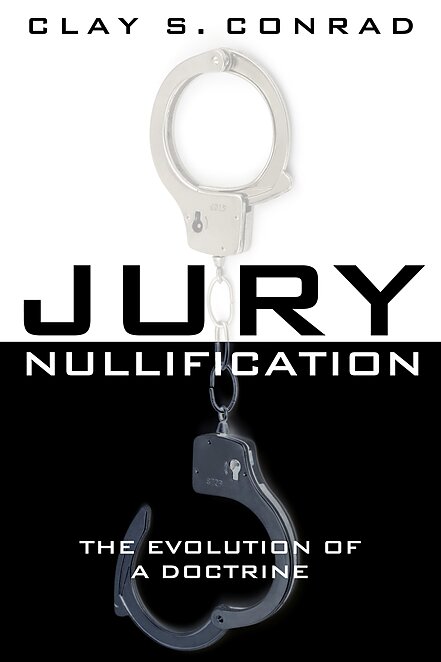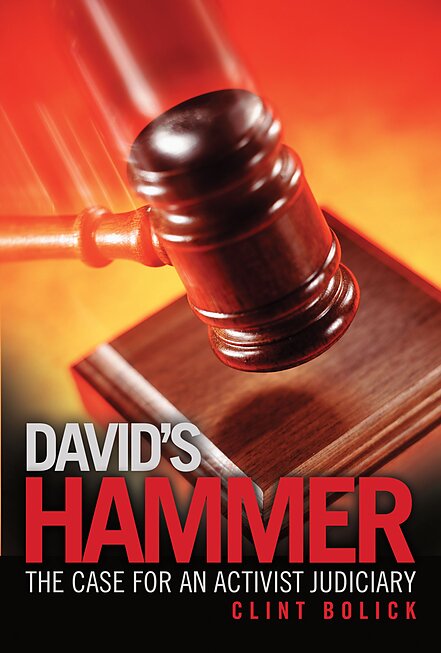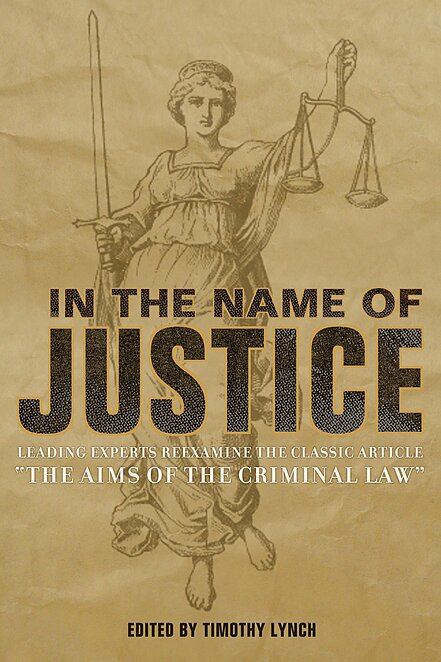In Jury Nullification, author Clay Conrad details the power of juries, and takes readers through an eye-opening history of the doctrine of jury independence, the law, and the practical and political implications of jury nullification.
The Founding Fathers guaranteed trial by jury three times in the Constitution—more than any other right—since juries can serve as the final check on government’s power to enforce unjust, immoral, or oppressive laws. But in America today, how independent can a jury be? How much power does a jury have to not only judge a defendant’s actions, but the merits of the law? What happens when jurors decide in criminal trials not to enforce the law or not to convict a defendant if they conclude it would be unjust? This classic book, originally published 15 years ago and now brought back into wide national view by the Cato Institute, answers these questions by taking readers through a history of jury independence and exploring the range of powers a jury can undertake in ensuring justice and fairness in our cherished legal system.
• Download the PDF
• Download the EPUB
• Download the MOBI
Judicial activism is condemned by both right and left, for good reason: lawless courts are a threat to republican government. But challenging conventional wisdom, Clint Bolick argues in David’s Hammer that far worse is a judiciary that allows the other branches of government to run roughshod over precious liberties. For better or for worse, only a vigorous judiciary can enforce the limits on executive and legislative action, protect constitutional rights, and tame unelected bureaucrats.
Bolick showcases numerous real-world examples of people whose rights to free speech, economic liberty, equal protection of the law, and private property were violated by government—victims of government oppression whose only recourse is the courts. David’s Hammer reclaims for the judiciary its intended role as the ultimate safeguard of a free society.
• Download the PDF
• Download the EPUB
• Download the MOBI
Leading judges and legal scholars explore the state of criminal law today and offer compelling examinations of key issues, including suicide terrorism, drug legalization, and the vast reach of federal criminal liability.


